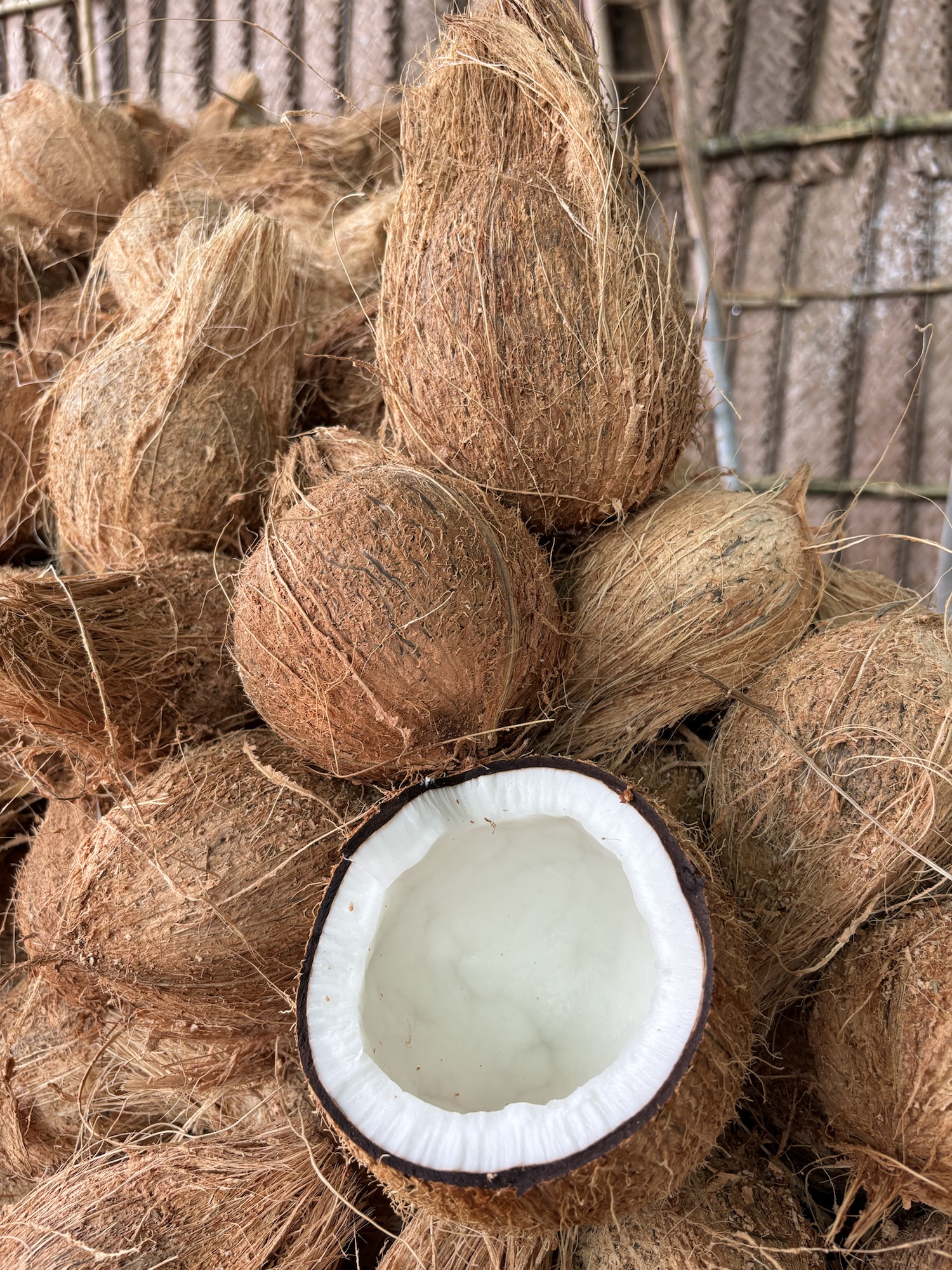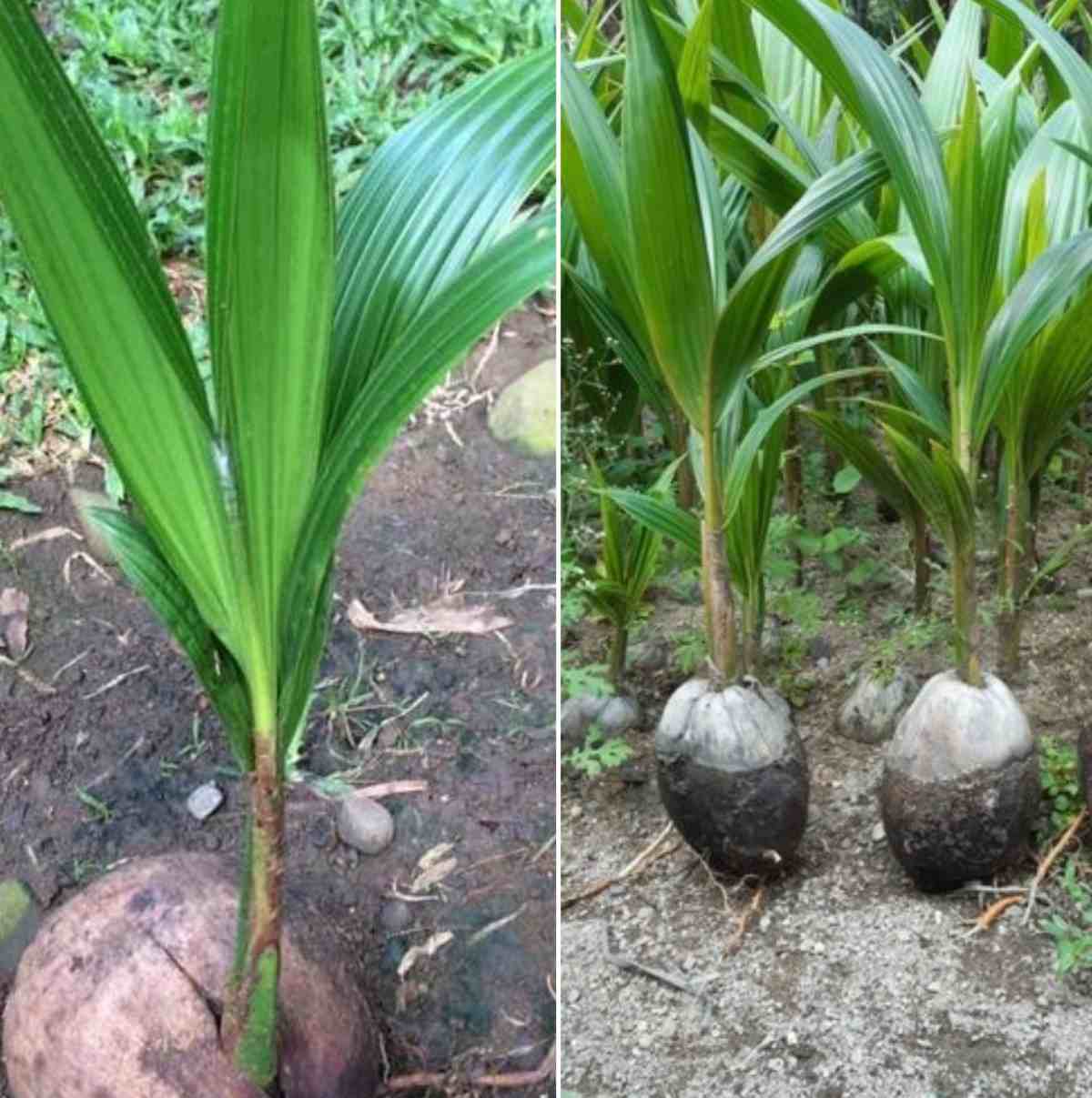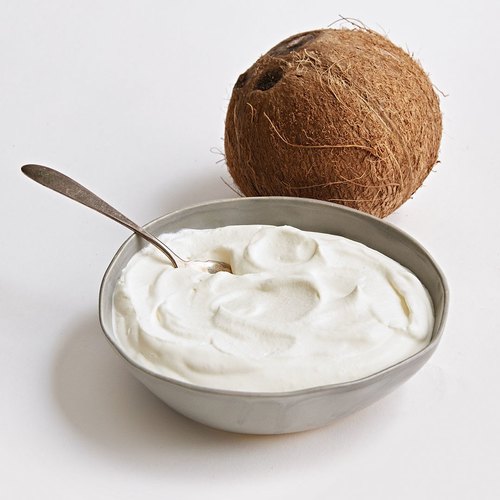
Exporting fresh coconuts into China involves several steps and considerations to comply with Chinese regulations and ensure successful entry into the market. Here are the key aspects to consider:
- Market Research and Demand: Conduct market research to understand the demand for fresh coconuts in China, identify potential buyers or distributors, and assess market entry opportunities.
- Export Requirements: Check China’s import regulations for fresh coconuts, including phytosanitary requirements, food safety standards, and any specific import permits or certificates needed. The requirements may vary depending on the province or city within China.
- Phytosanitary Certificate: Obtain a phytosanitary certificate issued by the competent authority in your country of origin. This certificate verifies that the exported coconuts meet China’s phytosanitary standards and are free from pests and diseases.
- Documentation: Prepare necessary export documents such as a commercial invoice, packing list, certificate of origin, and any additional certificates required by Chinese authorities.
- Customs Clearance: Work with a reliable freight forwarder or customs broker experienced in exporting agricultural products to handle customs clearance procedures. Ensure all documentation is accurate and complete to facilitate smooth clearance at Chinese ports of entry.
- Packaging and Labeling: Ensure that fresh coconuts are properly packaged to maintain quality during transit and comply with Chinese packaging requirements. Labels should be clear, accurate, and include necessary information in Chinese.
- Transportation: Choose appropriate transportation methods (air, sea, or land) and ensure proper handling and temperature control to maintain the freshness of coconuts during transit to China.
- Market Entry Strategy: Develop a market entry strategy that includes pricing, distribution channels, and promotional activities tailored to the Chinese market.
- Legal and Regulatory Compliance: Familiarize yourself with Chinese trade laws, tariffs, and import taxes applicable to fresh coconuts. Ensure compliance with all relevant regulations to avoid delays or issues during the export process.
- Risk Management: Consider insurance coverage for shipments to protect against potential risks such as damage, loss, or delays.
Exporting fresh coconuts to China can be a rewarding opportunity, but it requires careful planning, compliance with regulations, and effective logistics management. Seeking guidance from trade associations, government export agencies, or professional advisors can help navigate the complexities of exporting agricultural products to China.


